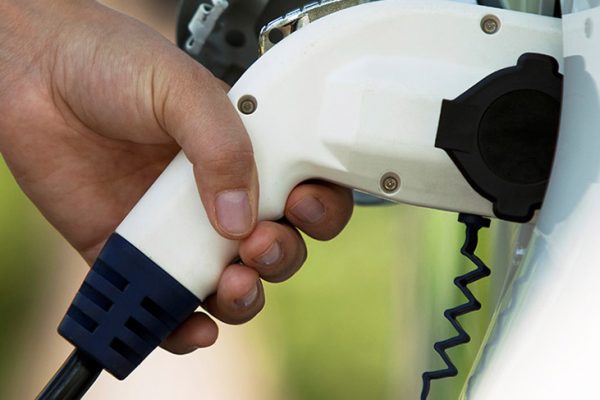TRADITIONAL business cars will change as drivers gain control with the advent of the connected car enabling them to download functionality that physically changes a model’s characteristics and specification with a potential huge impact in numerous areas of fleet operations.
And that is likely to result in the need to revise tax and legislation.
The arrival of the connected car will result in massive changes in the way people use cars and the application and provision of cars.
It could be that cars are sold with the lowest specification and on day two the specification is updated by drivers. That would have a massive impact on HM Revenue and Customs’ revenue
Technology will be updated before our eyes. It is a massive revolution that we are about to go through and the pace of change will never be as slow again.
Appointed Representative Opportunities with Wessex Fleet
Have you thought about growing your broker business? Are you looking for opportunities for growth? Then why not consider joining Wessex Fleet as an Appointed Representative?
Keeping you on the move with leasing solutions tailored to your needs
Leasys is the proud Contract Hire partner of the Stellantis brands, offering mobility solutions from medium and long-term rentals to management systems for company fleets.We work with Brokers to support all their customers requirements.
Accelerate your business with QV Systems & Leaselink
Unlock unparalleled efficiency in vehicle procurement with QV Systems’ Accelerate, now seamlessly integrated with Ebbon Automotive’s Leaselink. Tailored for brokers and funders, this integration streamlines the entire process from quote to delivery, empowering you to effortlessly source and order vehicles for your clients.
Cars will change from being a “status symbol” to a “mobile device” with new players such as Apple and Dyson joining long-established motor manufacturers as well as newcomers such as Tesla in the battle for sales.
There will be a huge increase in the delivery of on-demand services to drivers and also the ability for vehicle users to update their cars as manufacturers introduce new functionality.
For example, a company car could be sold as a 150bhp model, but on demand a driver could add a further 20bhp, which would completely change the model’s performance and thus its carbon dioxide (CO2) emission figure and therefore an employee’s benefit-in-kind tax bill.
Drivers will want that functionality, but the car will no longer be the vehicle that it was.
It could be that business cars are sold with the lowest specification and on day two the specification is updated by drivers. That would have a massive impact on HM Revenue and Customs’ revenue.
Legislation and the tax system as we know it will have to change and that will have to be dealt with.
Many motor manufacturers, including the Volkswagen Group of which Audi is a part, have launched a mobility services brand. The Volkswagen Group’s is called MOIA with the spotlight on mobility, e-mobility and digitalisation and part of its focus is the delivery of paid for “functionality on demand” as manufacturers look to maximise revenue streams.
Numerous issues, notably around vehicle contractual terms and data ownership, will need to be resolved with the arrival of the connected car .
People will be able to control their lives from their car. The traditional business model will no longer apply.


















